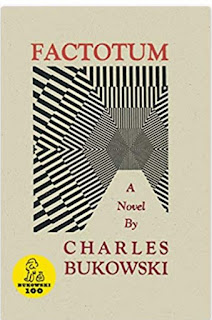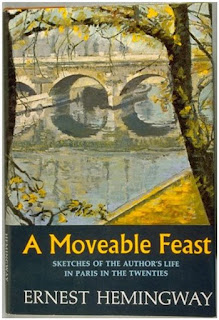Factotum

I’m not sure that I would have sought out this book, but it was one the only one I was interested in from the few available in a small bookshop in the town of Crest, in the Drome region of France. It’s a curious book to have in stock when you have only a handful of works in English, and I wonder if I hadn’t bought it how long the book would have stayed on the shelf. Having said this, there are a few trendy types around Crest, so perhaps it would have been picked up by a Dutch hipster in search of 70s American cred. This is all to say, without saying much, that Charles Bukowski’s writing is for the sort of reader who wants something alternative to the mainstream, because that is what is celebrated in the novel – the same code of honour possessed by the beat poets to deliberately provoke and shock brain-dead urban workers and the powers-that-be (employers, politicians, police officers, parents). In a different reading, it’s about the spirit of American individualism, and the ability t...

